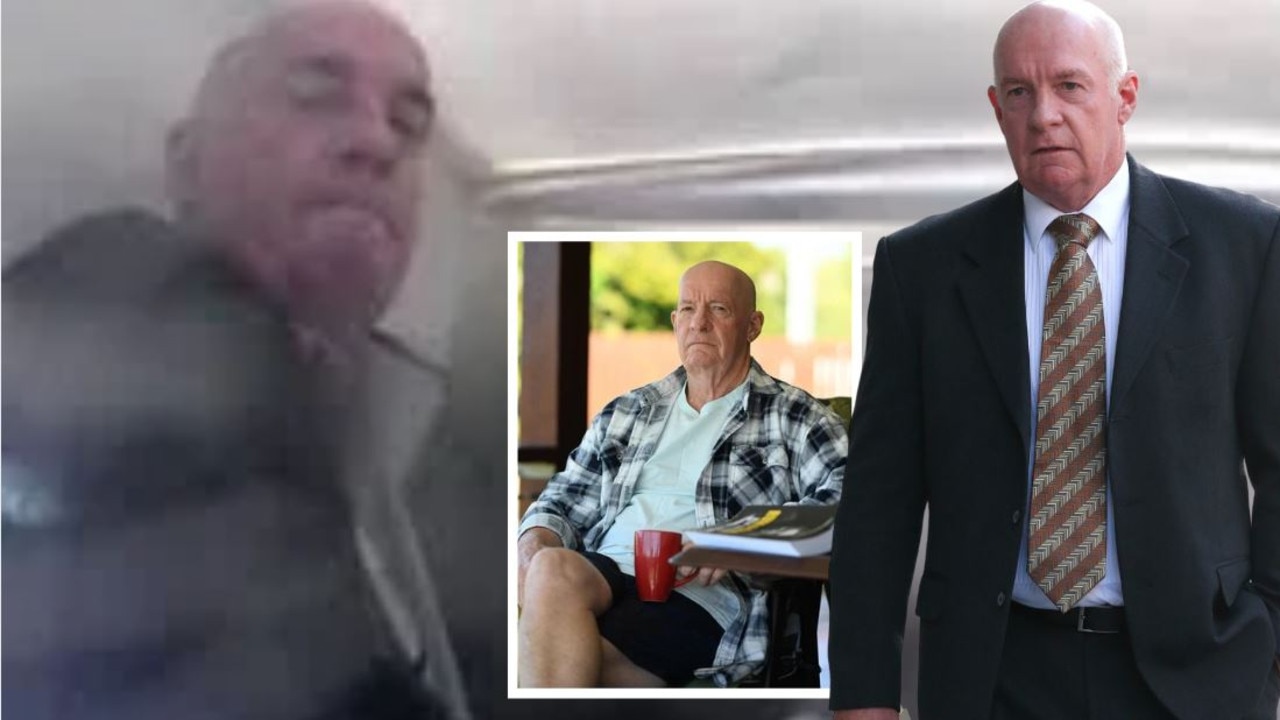Qld cabinet papers 1994: Crime move Wayne Goss wouldn’t make
Cabinet papers from 1994 revealed the crime measure Wayne Goss was not willing to take, in a year when the publication of a gruesome photo turned the tide against his government.
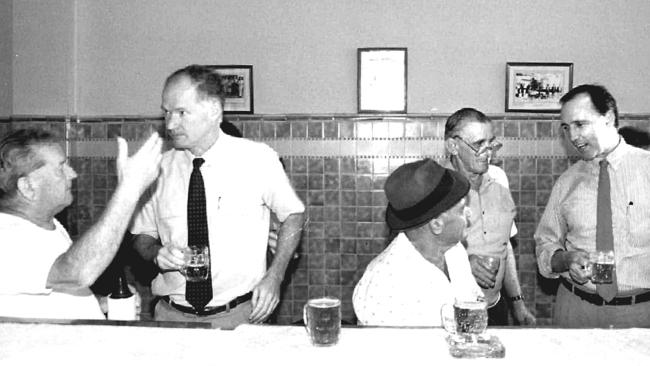
QLD Politics
Don't miss out on the headlines from QLD Politics. Followed categories will be added to My News.
Public drunkenness remained a crime in Queensland for decades longer than anywhere else in the country, after the state government backflipped on a promise for fear of looking soft on crime.
Newly unsealed cabinet documents from 1994 revealed the state government led by Labor premier Wayne Goss ultimately chose to keep public drunkenness a crime after months of contemplation.
And the decision was made in part due to a fear of looking soft on crime, even though keeping public drunkenness an offence went against a previous promise to support all the recommendations of the landmark Royal Commission into Aboriginal deaths in custody.
Goss was astronomically popular in 1994 with a poll in July of that year showing an approval rating of 71 per cent to opposition leader Rob Borbidge’s abysmal 12 per cent (with the remainder undecided).
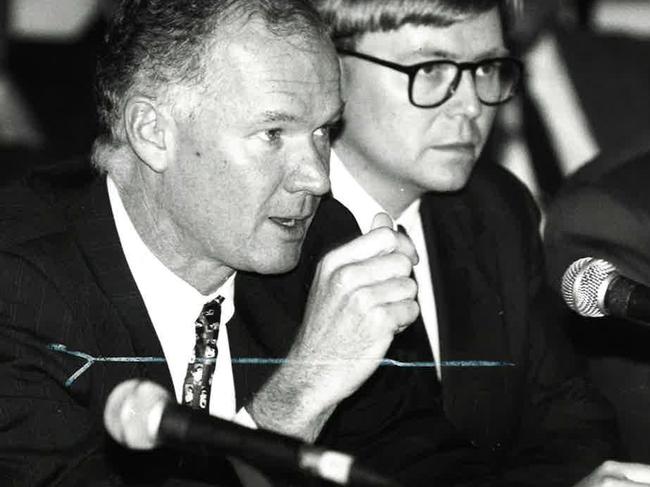
But a highly unpopular and ultimately ditched proposal to duplicate the then Pacific Highway through a koala sanctuary at Daisy Hill in Logan, and Townsville-based troops being dispatched to Rwanda, would lay the groundwork for what would be the spectacular crash of Labor after two terms in 1995.
Cabinet documents released after 30 years shows the Goss government chose to make public its progress to reduce over-representation of Aboriginal and Torres Strait Islander people in custody in line with the royal commission recommendations.
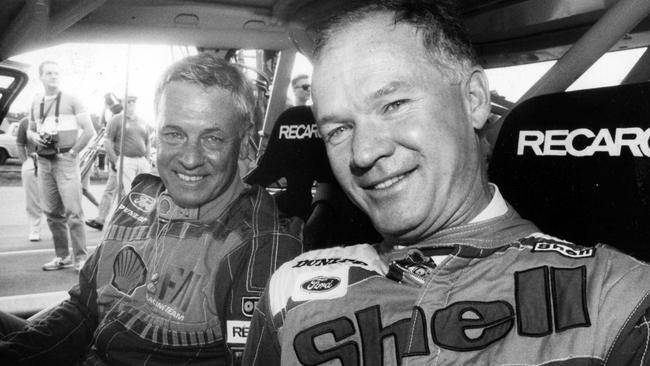
“The responses are consistent with Queensland Government policies, practices and legislation,” the cabinet briefing document noted.
“However, some responses could be used to imply that the Government has adopted a ‘soft’ approach to both juvenile and adult Aboriginal and Torres Strait Islander offenders.”
A total of 14 Indigenous people died in custody in Queensland between 1989 and January 1994, with five of those arrested for public drunkenness.
The government had made commitments to move toward decriminalising the offence — a move supported by Queensland police — but ultimately in May 1994 chose to retain it indefinitely.
A group of bureaucrats from different departments later that year recommended diversion powers from police so intoxicated people could receive care, but ultimately it would remain in some form in the state’s criminal code for 30 years.
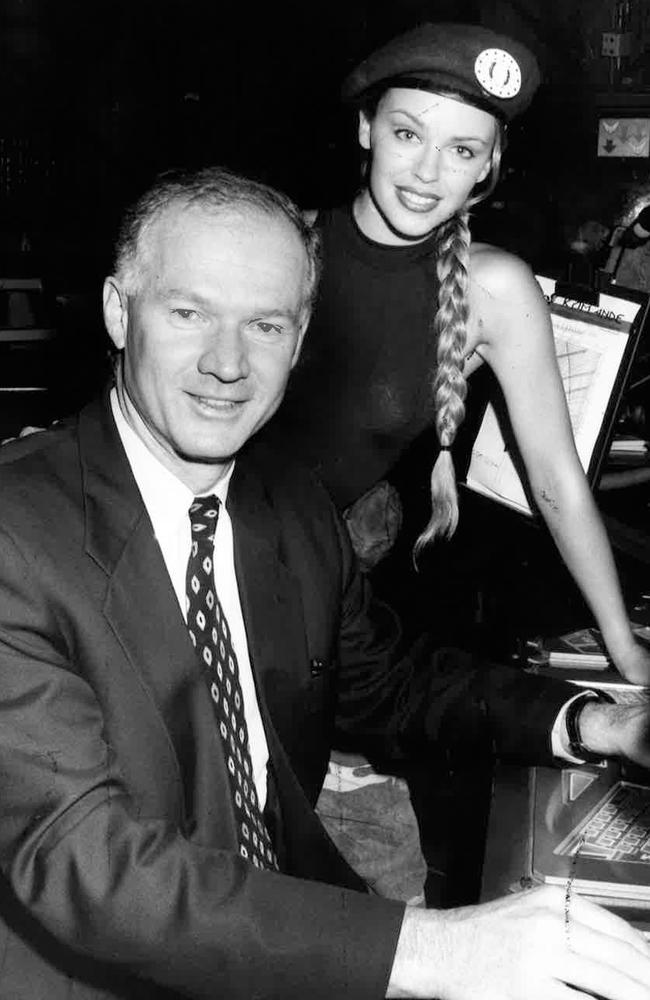
The Labor government removed it as an offence officially as of September 2, 2024, making Queensland the final jurisdiction to do so. Northern Territory was the first in 1974 and Victoria the penultimate in 2023.
Overall in 1994 Queensland saw a Goss government working to keep the ship steady to implement a Labor agenda without severe conflict in a state with a still-conservative political culture, according James Cook University law professor Anthony Marinac.
Dr Marinac, who read every Courier-Mail and Sunday Mail paper from 1994 as part of his research, said there was nothing to suggest it was a government months away from disaster.
“In retrospect I would pick the start of the end of the Goss government as June 25, 1995, when in the Courier-Mail there was a publicly funded ad with a photo of a dead koala and her dead joey and a big headline that said, ‘Don’t kill us, Mr Goss,’ ” he said.
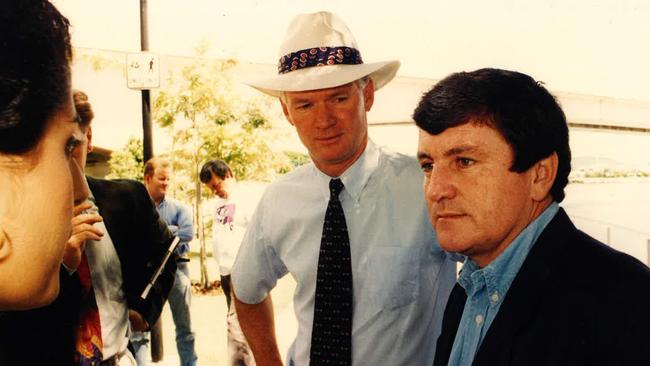
“A few weeks later what was expected to be a small protest at the Daisy Hill State Forest turned into 5000 people.”
Labor would lose nine seats at the 1995 election, five of those in Brisbane’s bayside amid impassioned debate over the “Koala Highway
Mr Goss would hold on to government by just one seat, but on election day 1995 Australian troops based out of Townsville’s Lavarack Barracks were in Rwanda responding to the genocide and the aircraft returning their votes arrived too late to be counted.
The results in Mundingburra were taken all the way to the Supreme Court which in 1996, ultimately called for a by-election won resoundingly by Liberal candidate Frank Tanti.
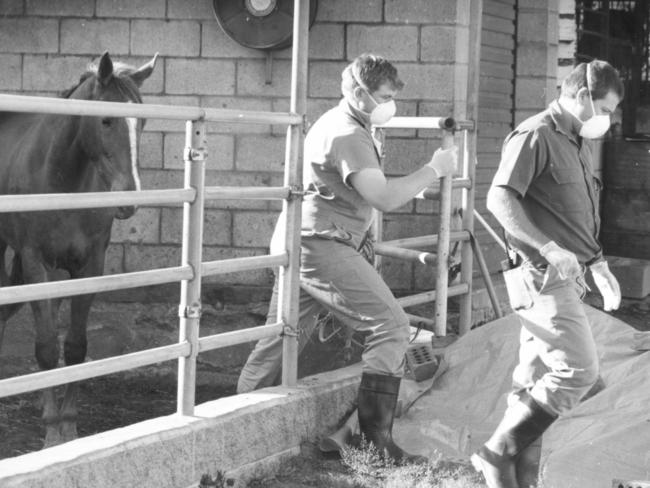
HENDRA VIRUS ACTION COST $3M
An immediate lockdown of horses in Brisbane’s southeast amid the emergency of what would later be identified as Hendra virus cost the industry $3m in a matter of days, newly unsealed documents have revealed.
The 1994 cabinet papers, unsealed after 30 years, revealed the first briefing to the Goss frontbench of the mysterious horse deaths at the stables of eccentric horse trainer Vic Rail was focused on the adequacy of the government’s immediate response.
Also in the briefing paper was near certainty that Mr Rail’s death from an unknown illness was not linked to the death of 14 horses – a belief later proven wrong.
Concerns about compensation claims were also immediately present, with the government seeking Crown law advice less than two weeks into the first outbreak of what would be known as Hendra virus.
In September 1994 a total of 14 horses – 13 trained by Mr Rail – died within days of each other, with the cabinet papers at the time telling ministers that doctors had identified the illness as “resembling legionnaires disease”.
Legionnaires disease is caused by a bacteria – not a virus.
The briefing note, presented to cabinet on October 3, noted the immediate lockdown on September 23 preventing the movement of horses within South East Queensland and the cancellation of all gallop and harness racing had been successful at containing the issue.
“Had this problem not been properly contained, there could have been very serious disruption to the entire Australian racing industry, including possible cancellation of major national race meetings such as the Caulfield Cup and the Melbourne Cup,” the report stated.
The “standstill” cost the industry $3m at the time, or the equivalent of $6.5m in today’s dollars.


